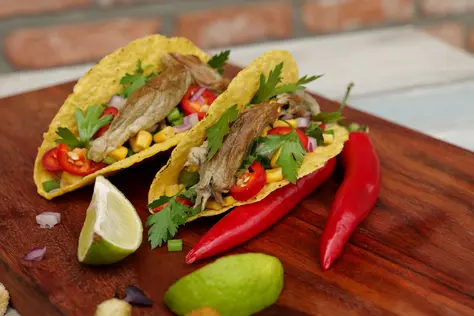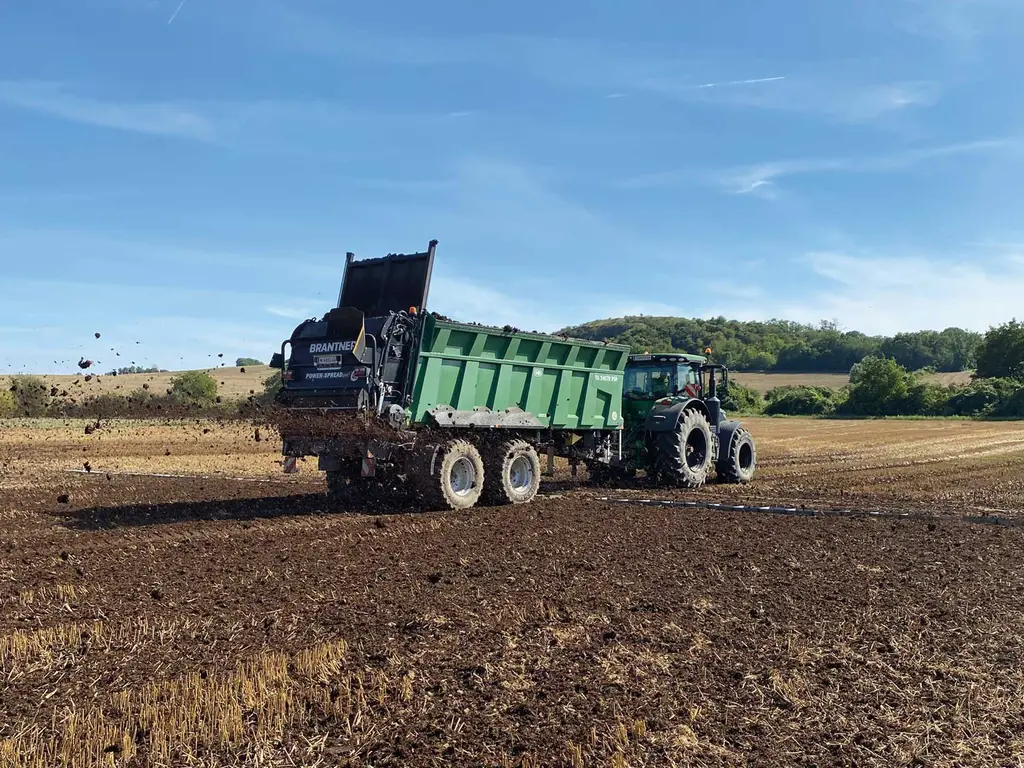Shaping the future with lighthouse projects.
Shaping the future with research and innovation - that is our mission. We support and implement our own research, development and innovation projects. Our internal and external DLG networks form the basis for the implementation of multi-stakeholder projects in Germany, Europe and other global regions.
Our aim is to provide the impetus for progress and to inform policy-makers and practitioners through research.
Food systems
Food systems are transient as customer preveferences change and technical development create the basis to rething established food systems. Apart of emering food systems based on plant-based proteins, algae, insects and cellaulare agriculture addressed at DLG`s Expert Committee on “NewFeed and Food” the DLG assess pathways to reduce food losses and waste as well as design sustainable packing.
Interdisciplinary projects
Some research topics are of cross-cutting nature such as biodiversity at farm level affecting food businesses through related and emerging sustainability assessments, track and tracing systems. Thus, here we pool activities addressing monitoring and evalujation of biodiversity at farm, regulatory challenges, digitalization and related management of data at farm and sectors.
ConservES-Projekt
(1 March 2023 to 28 February 2026)
The ConservES joint project is intended to preserve biodiversity in intensively used agricultural areas and maximise ecosystem services. ConservES focusses on habitats adjacent to farmland that either already exist, such as hedges, or are being created, such as flower strips. The goal of the project is to promote biodiversity in European agricultural ecosystems by improving the habitat without farmers having to accept yield losses. It also aims to create an understanding of the effects of floral enrichment on agro-biodiversity and the associated synergies and trade-offs between the potential of ecosystem services (pollination/pest control) and negative services (weeds/herbivores). DLG is in charge of the communication work package for this project together with Living Lab CLEF (France). It is responsible for international communication and for disseminating the project results and the knowledge acquired. Eight partner organisations in four European countries are involved in ConservES.
BioMonitor4CAP
(1 December 2022 to 30 November 2026)
The BioMonitor4CAP project combines established biodiversity monitoring and indicator systems with modern technologies, including acoustic, optical and molecular sensor systems. The project is intended to develop effective, cost-effective and reliable approaches, tools and technologies for assessing, developing, testing, validating and supporting the implementation of biodiversity in agricultural areas. This enables farmers to quickly and reliably collect data on biodiversity in their fields. The DLG has set up trial and demonstration sites for the BioMonitor4CAP project and is providing technical support. It is also responsible for communicating and disseminating knowledge from the project results in order to support agricultural transformation in the European Union. BioMonitor4CAP involves 23 partner organisations in ten European countries and Peru.
D4AgEcol
(1 September 2022 to 31 August 2025)
The D4AgEcol (Digitalisation for Agrarecology) project supports the transition to agricultural systems that take account of the principles of agroecology. D4AgEcol aims to demonstrate the potential of digitalisation as an enabler for agroecological farming systems in Europe based on existing knowledge and the ability of participants and stakeholders to co-innovate. D4AgEcol aims to raise awareness of management options with digital tools and their impact on agroecology and to contribute to a better understanding of barriers, driving forces and risks. In addition, the potential of digitalisation as a pioneer for agroecological farming systems in Europe will be demonstrated on the basis of existing knowledge and technologies. In D4AgEcol, the DLG is involved in the evaluation of digital instruments as well as in the communication and dissemination of the knowledge acquired. The IPZ serves as a physical laboratory for this project.
KoMBi
(January 2023 to December 2028)
Healthy biodiversity is the basic prerequisite for a functioning ecosystem - including in the agricultural landscape. The goal of the KoMBi (Collective Models for the Promotion of Biodiversity) project is to improve the efficiency of agri-environmental and climate measures (AUKM) with regard to inter-farm implementation and optimal coordination in the field. The KoMBi project in the German Federal Programme for Biological Diversity is developing collective models for agricultural nature conservation with local stakeholders from agriculture and nature conservation and analysing them scientifically. The focus is on agro-ecological, business and socio-economic results. The DLG's responsibilities in this project include communication within the project consortium and externally. A particular focus here is on knowledge transfer. Ten partner organisations and four model regions in Baden-Württemberg, Brandenburg, Hesse and Saxony are participating in KoMBi.
Sustainable agriculture with artificial intelligence (NaLamKi)
The NaLamKi research project is developing AI services that analyse data from conventional and autonomous agricultural machinery, satellites and drones, combine them in a software service platform and make the results available for use in agriculture via open interfaces. The project promotes the exchange of expertise in order to translate basic research into technologies that make smart farming sustainable. Image data of wheat plants are regularly collected on a trial plot and in a pot trial using a multispectral camera. The goal is to determine whether this method can be used to detect the early stages of fungal pathogens before this is possible for the human eye.
Row-based arable farming with reduced chemical crop protection and promotion of beneficial organisms and wild herbs in the field (ReNuWi)
The "ReNuWi" project focuses on the reduction of chemical-synthetic crop protection and the promotion of beneficial organisms and wild herbs in the field. A combination of environmental support, new technologies and crop cultivation and technical measures integrates wild herbs in row-crop arable farming. In this experiment, both agronomic and ecological aspects are analysed equally and a holistic evaluation of the system is sought in order to make it feasible for medium-sized companies. The establishment of annual and perennial arable wild herbs between the crop rows is promoted by adapted sowing times and various cultivation and maintenance methods. The expected positive effects resulting from the strip-till method, i.e. the strip loosening of the soil in the later sowing horizon of the crops and the interseeding with wild herbs, are better crop aeration, more soil volume per plant and the promotion of individual plants.
Concepts for animal farming with relevance and potential for improving good professional practice have been honoured as DLG Agrifuture Concept Winners since 2022. These are concepts and visions that have not yet reached market maturity, but are still in the development phase. The prize will be awarded at EuroTier 2024 in Hanover.



























